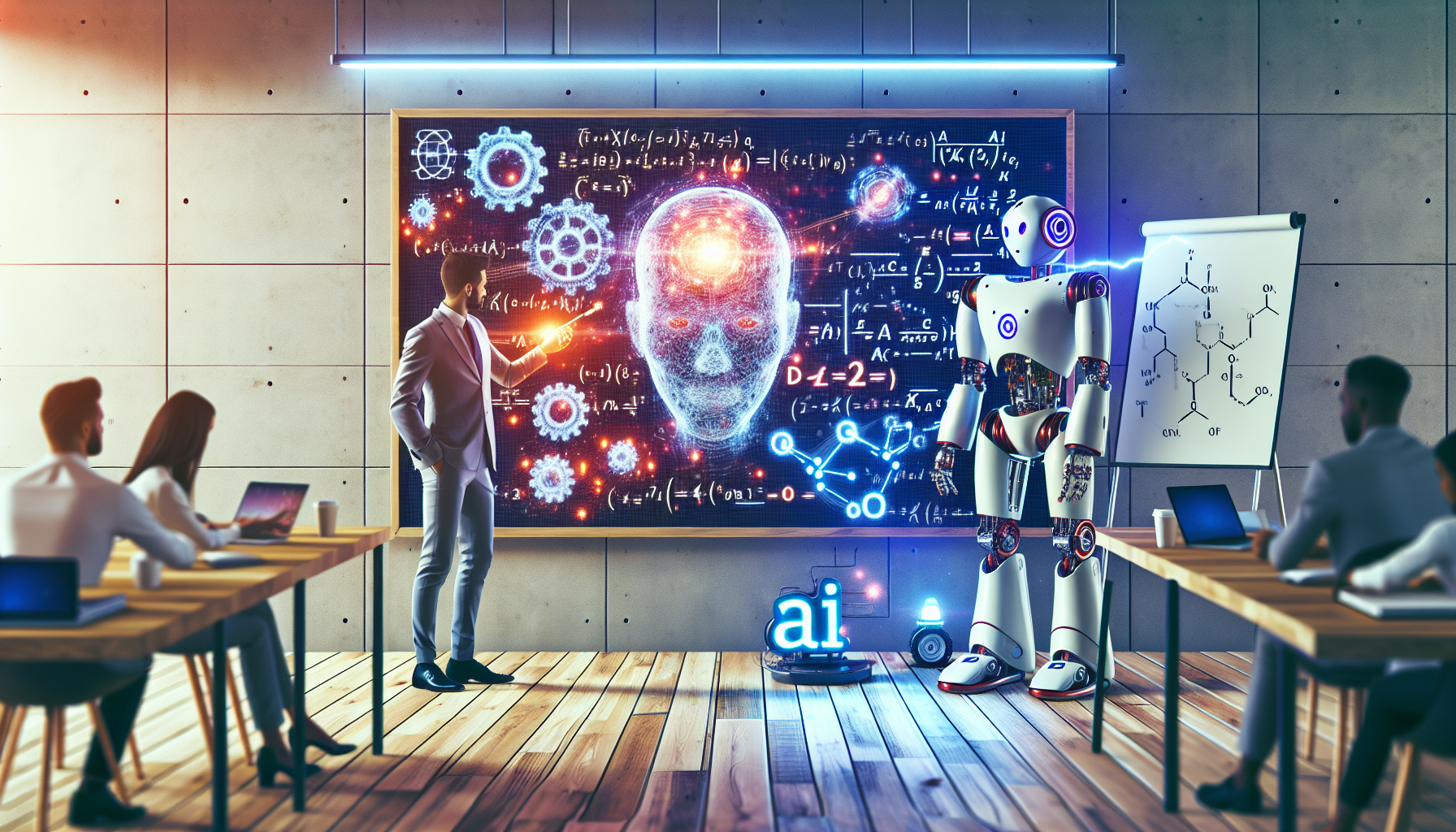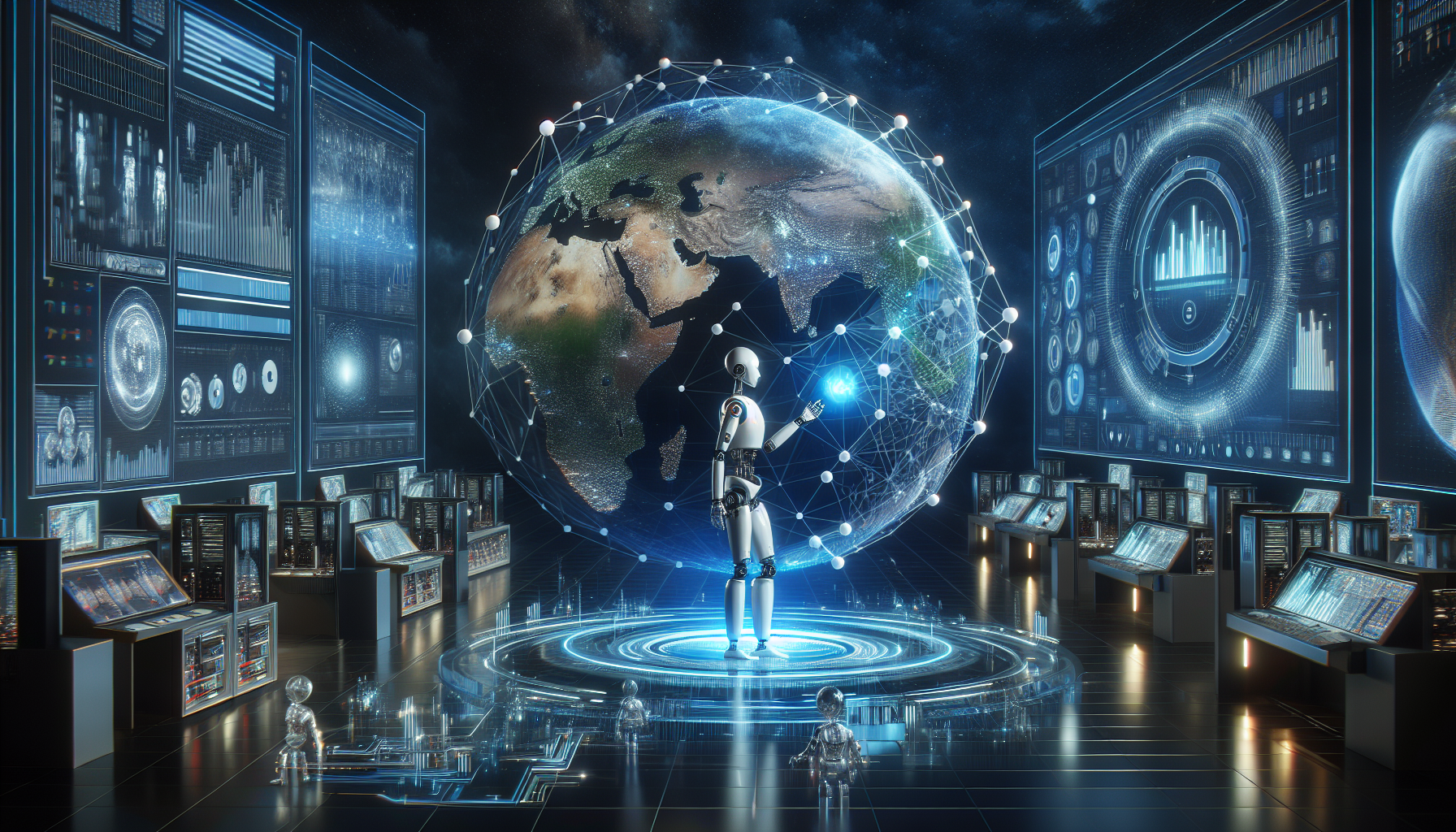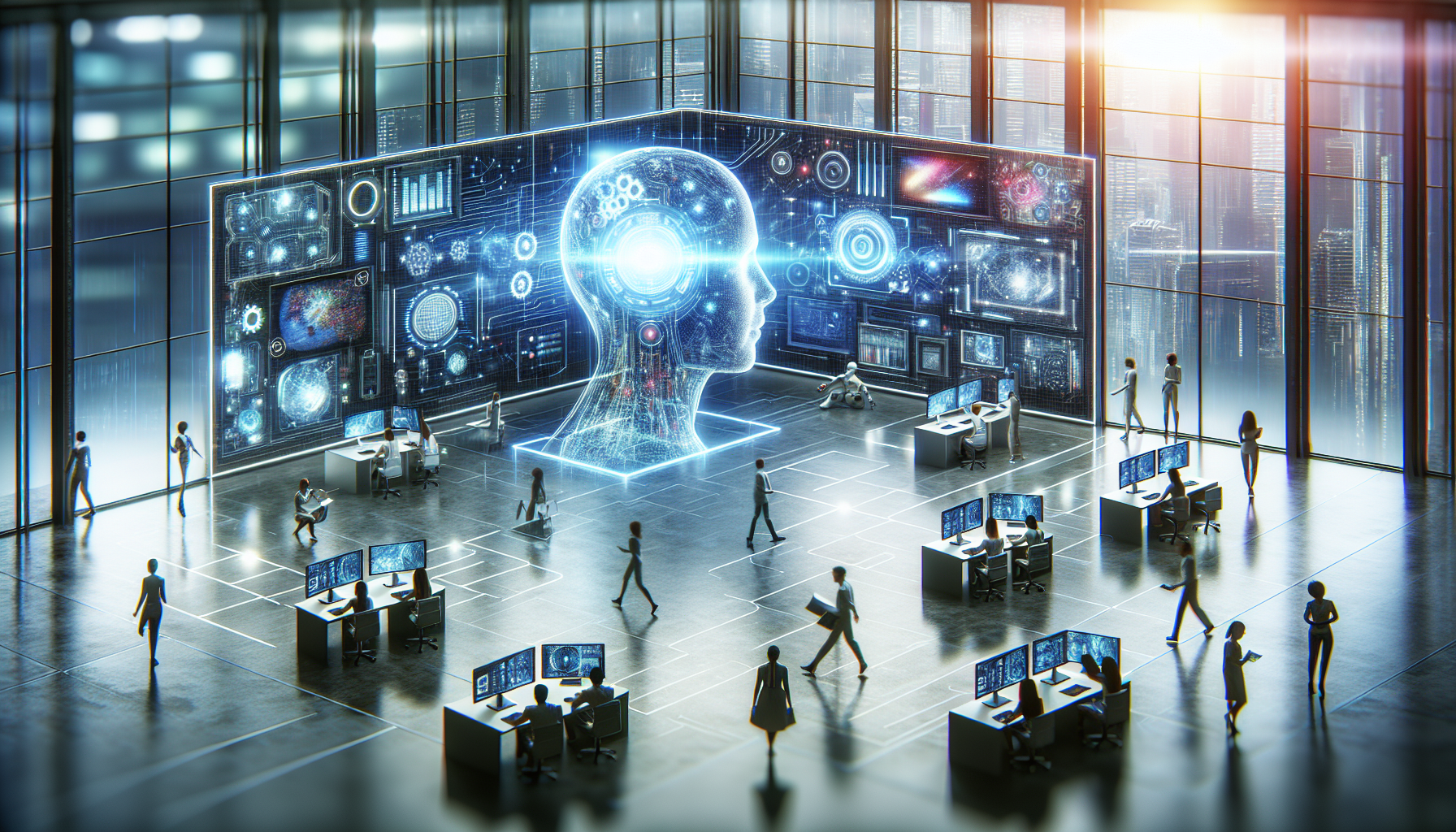
The Psychological Effects of AI on Human Behavior: A Case Study in Human-Machine Interaction
April 15, 2025
Artificial Intelligence (AI) has become a pervasive element in modern life, influencing industries, economies, and everyday experiences. However, its psychological impact on human behavior is a subject that warrants closer examination. A compelling case study provides insight into how AI affects individual and collective human psychology, shedding light on both positive and negative outcomes.
The case study focuses on a large corporation that integrated AI-driven systems into its customer service operations. The adoption of AI chatbots aimed to enhance efficiency and responsiveness, but it also served as a catalyst for significant changes in employee and customer behavior. Through interviews, surveys, and behavioral analysis, researchers explored the nuanced psychological effects stemming from these interactions.
One of the most notable findings was how AI altered employee roles and job satisfaction. The introduction of AI systems initially sparked concerns about job security among customer service representatives. However, over time, employees reported a shift in their perception. Freed from repetitive and mundane tasks, they were able to focus on more complex and fulfilling customer interactions. This transition led to an increase in job satisfaction, as employees found greater purpose and engagement in their work. The case study illustrates a critical perspective: AI can potentially enhance the quality of work life by redefining human roles and responsibilities.
On the other hand, the study revealed psychological challenges associated with AI integration. Employees expressed a sense of diminished personal connection with customers, as AI intermediaries often replaced direct human interaction. This phenomenon, termed "empathy erosion," highlights a critical tension between efficiency and human connection. As AI systems become more prevalent, maintaining genuine human empathy in professional environments poses a significant challenge.
For customers, the psychological effects of interacting with AI systems were equally profound. The case study highlighted a paradoxical relationship between convenience and trust. Customers appreciated the efficiency and 24/7 availability of AI-driven services, yet they frequently questioned the authenticity and reliability of automated responses. The lack of a human touch in AI interactions sometimes led to frustration and distrust, particularly in complex or emotionally charged situations.
Interestingly, the study also uncovered a phenomenon known as "anthropomorphism," where customers assigned human-like traits to AI systems. This tendency to perceive AI as more than just a tool influenced customer satisfaction and loyalty. By attributing human qualities to AI, customers often developed an emotional attachment, which enhanced their overall experience. The dual nature of anthropomorphism presents an intriguing area for further exploration, as it blurs the lines between human and machine interaction.
The psychological effects of AI extend beyond individual experiences to societal implications. The case study observed a shift in collective behavior, particularly in how individuals perceive technology's role in their lives. As AI systems became integral to daily operations, a new cultural narrative emerged, one characterized by a blend of optimism and skepticism. This duality reflects broader societal attitudes towards technology, where the promise of innovation coexists with concerns about privacy, ethics, and dependency.
The case study underscores the importance of understanding AI's psychological impact as it continues to reshape human behavior. It raises pertinent questions about the future of human-machine interaction and the ethical considerations that accompany AI's growing presence. As AI systems evolve, so too must our approach to integrating them into society, ensuring that technological advancement aligns with human values and well-being.
Moreover, the insights gleaned from this case study provoke a deeper contemplation of the human psyche in an age of rapid technological transformation. How will AI continue to influence our perceptions of identity, agency, and community? What measures can be taken to foster a balanced relationship between humans and machines, one that respects both efficiency and empathy?
These questions invite ongoing exploration and dialogue as we navigate the complexities of AI's psychological impact. Understanding the intricate interplay between technology and human behavior is essential for shaping a future where innovation enhances, rather than diminishes, the human experience.


